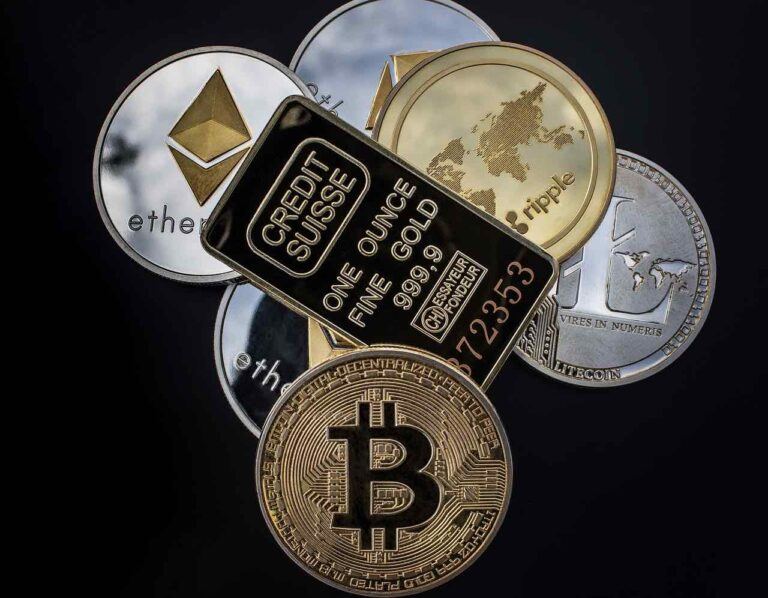Recently, Michelle Makori of Kitco News engaged in an insightful discussion with Jared Dillian, a seasoned financial expert and author.
Jared Dillian is a financial writer, investment strategist, and former Wall Street trader. He is well-known for his expertise in financial markets and for writing in a way that makes complex investment topics accessible to a broad audience. Dillian was a former trader at Lehman Brothers, and his experiences there have significantly influenced his perspective on financial markets and investment strategies.
He is the author of the book “Street Freak: Money and Madness at Lehman Brothers,” which provides an insider’s view of the highs and lows of working at Lehman Brothers during its collapse. Jared Dillian also writes “The Daily Dirtnap,” a market newsletter aimed at professional traders and investors, offering insightful commentary on market trends and trading strategies. Additionally, he contributes articles to various financial publications and provides commentary on economic and market issues.
The conversation, deeply rooted in current financial landscapes, touched on the superior performance of gold over Bitcoin in a geopolitically turbulent year, the ominous state of the U.S. economy with its swelling debt and persistent inflation, and the prospective maneuvers of the Federal Reserve.
Here are are key takeaways:
1. Geopolitical Impact and Gold’s Performance: Dillian highlighted the recent incident where Iran attacked Israel, noting Bitcoin’s decline during such geopolitical unrest. He argued that in turbulent times, gold is a more reliable store of value over Bitcoin, projecting a significant uptick in gold’s value driven by increased safe-haven buying amid escalated Middle East tensions and heightened global uncertainty:
“I don’t consider Bitcoin to be a store of value. If we are in a period of time with geopolitical turmoil, then I think gold should vastly outperform Bitcoin.“
2. U.S. Economy and Federal Reserve’s Stance: Dillian shared his perspective on the current U.S. economic climate, pointing to solid growth and ongoing strength in the labor market. However, he raised concerns over inflation not aligning with the Federal Reserve’s targets, which could delay any potential easing of interest rates:
“Inflation actually bottomed about eight months ago, and it’s been going higher ever since. The last reading was higher than expected, came in at 3.5% on the headline… policy isn’t restrictive anymore.”
He anticipates that policy will need to remain stringent to combat these economic challenges effectively.
3. Debt Monetization and Its Implications: A significant portion of the discussion was dedicated to the concept of debt monetization, which Dillian believes could lead to a parabolic rise in gold prices. He explained that the U.S. government’s exorbitant interest payments make it reliant on low interest rates. Dillian says that if rates were to rise significantly, the U.S. might face functional insolvency, compelling the Federal Reserve to engage in yield curve control and extensive money printing to sustain government financing:
“We are spending 1.1 trillion a year on interest payments…the only solution is for the Federal Reserve to cap the yield curve, do yield curve control if you want to call it, and directly monetize the debt, and that is how gold gets that parabolic move.“
4. Short and Long-Term Predictions: In the short term, Dillian foresees a possible correction in gold prices following a rapid increase, suggesting it might be wise for investors to hedge their positions if they hold substantial gold assets. For the long haul, he believes that significant financial maneuvers, such as full-blown debt monetization, will likely occur in the next presidential cycle, drastically influencing gold prices and the broader financial landscape.
5. Financial Philosophy and Personal Strategy: Dillian also discussed his latest book, “No Worries: How to Live a Stress-Free Financial Life,” which delves into his philosophy of minimizing financial stress through wise financial management rather than mere cost-cutting. He advocates for making significant financial decisions correctly, such as housing and education, which can have far-reaching impacts on one’s financial health, more so than minor savings like foregoing daily coffee.
Featured Image via Pixabay









